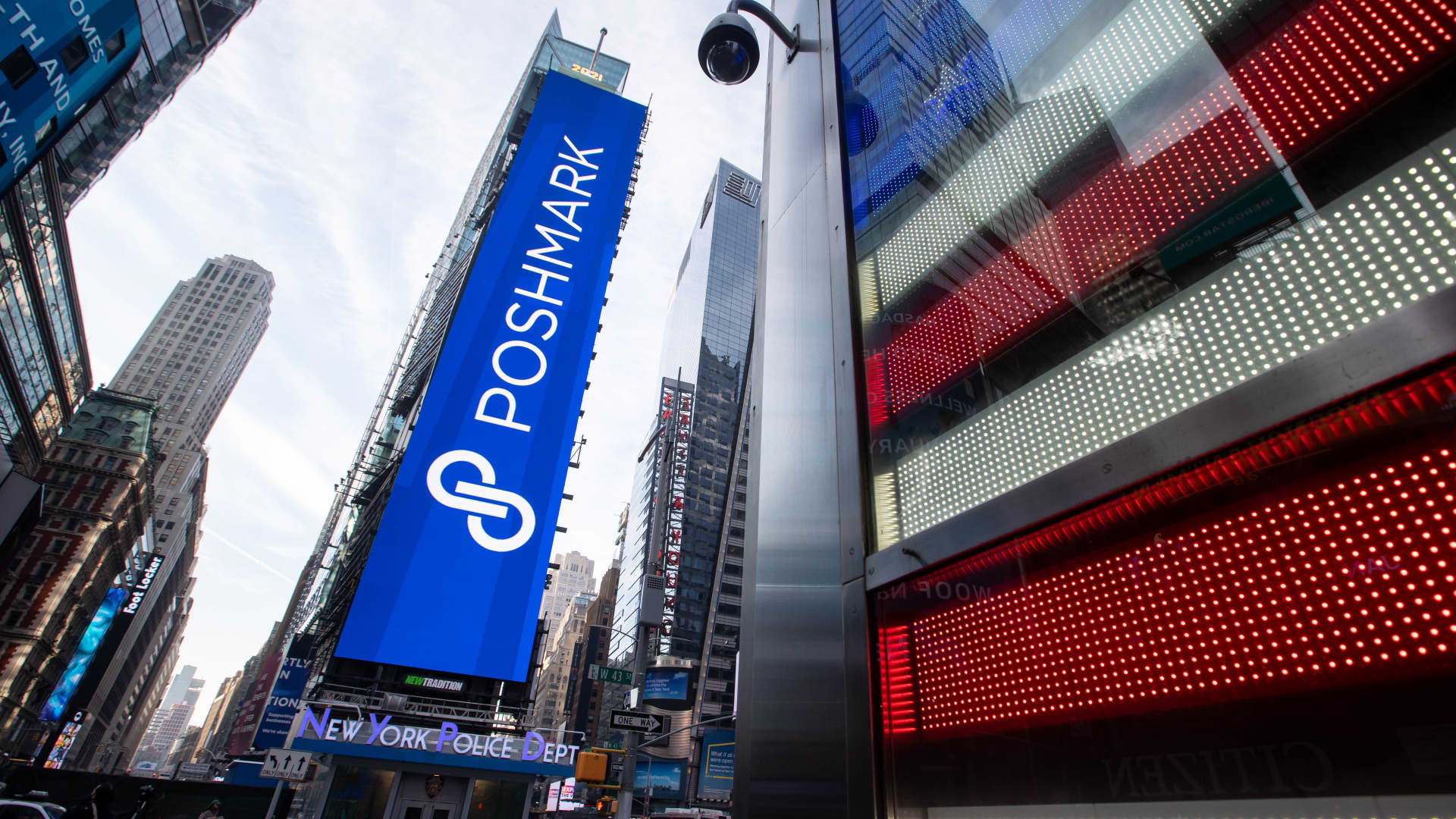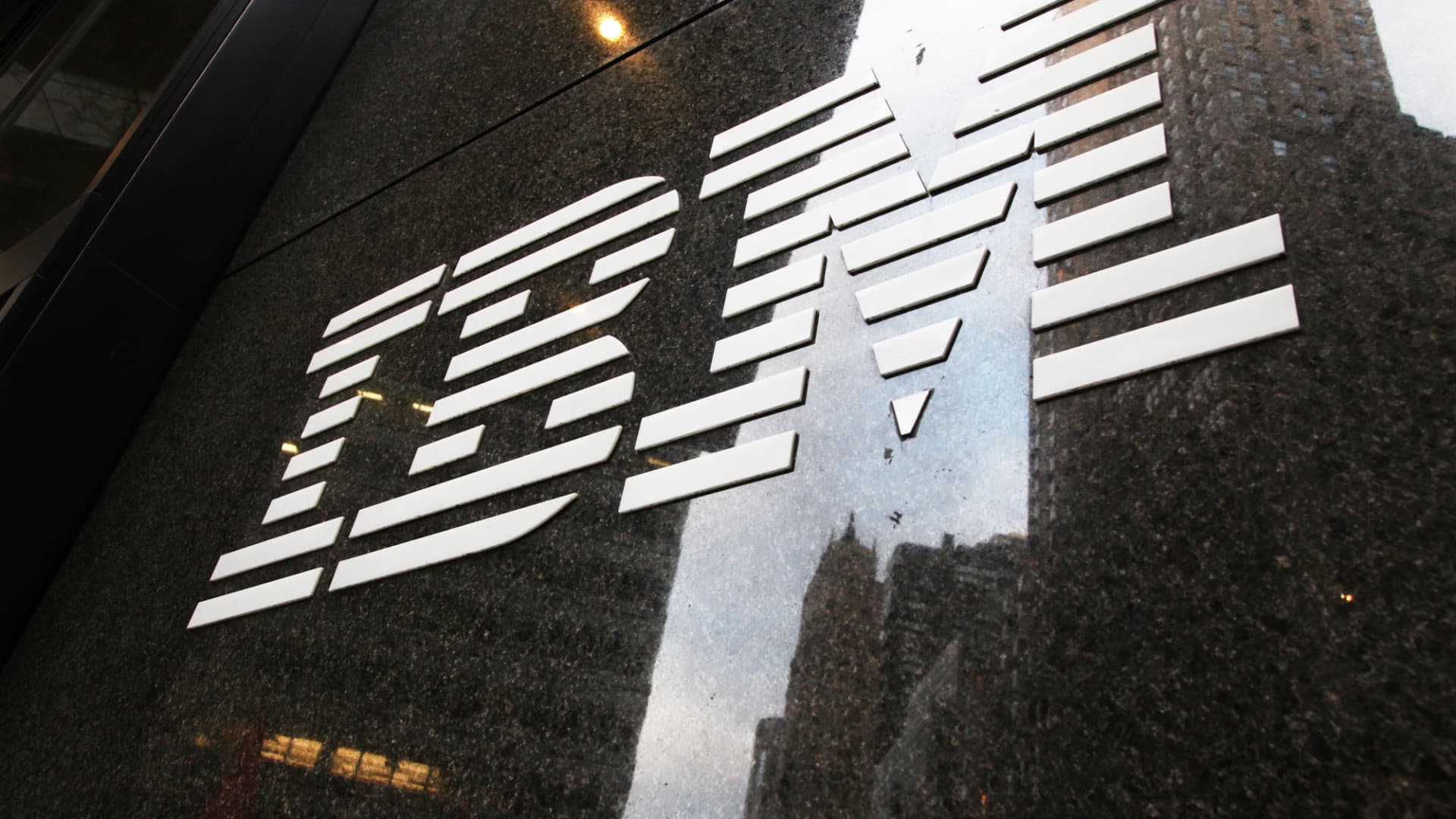U.S. Treasury yields rise to start the week


U.S. Treasury yields rose Tuesday as traders weighed a fresh batch of economic data as central banks around the world tighten monetary policy.
The yield on the benchmark 10-year Treasury note was 6 basis points higher at 3.3%, while the yield on the 30-year Treasury bond traded 7 basis points higher at 3.368%. Yields move inversely to prices.
The Philadelphia Federal Reserve nonmanufacturing survey showed activity expanded in the region this month. However, expectations for future growth declined, the Philadelphia Fed said.
“Although the future indexes declined, the responding firms continue to expect growth over the next six months overall,” the bank said.
Treasurys
U.S. markets were closed on Monday for the Juneteenth holiday.
Tuesday’s trading session comes after a volatile week that saw major central banks signal a more aggressive effort to curtail soaring inflation.
The Federal Reserve on Wednesday increased its benchmark funds rate by 75 basis points, the largest hike since 1994, with annual U.S. inflation running at a 40-year high of 8.6% in May.
The Swiss National Bank then surprised markets with its first rate hike in 15 years on Thursday, while the Bank of England implemented its fifth consecutive hike.
The Fed “will keep hiking rates until inflation comes down unless one of three things happens,” wrote Joe Kalish, chief global macro strategist at Ned Davis Research.
“First is the liquidity and functioning of the financial markets,” he said. “Continued elevated levels and companies inability to tap the capital markets would give the Fed a red light.”
“Next are financial conditions that signal recession. These include credit spreads blowing out and recessionary bear markets for stocks. Credit spreads are still giving the Fed a green light, while stocks are flashing yellow,” Kalish added. “Last is rising unemployment. Although the job market is still judged to be tight, fewer job openings and rising unemployment claims could soon flip this yellow.”
— CNBC’s Samantha Subin and Elliot Smith contributed to this report.
This post has been syndicated from a third-party source. View the original article here.




